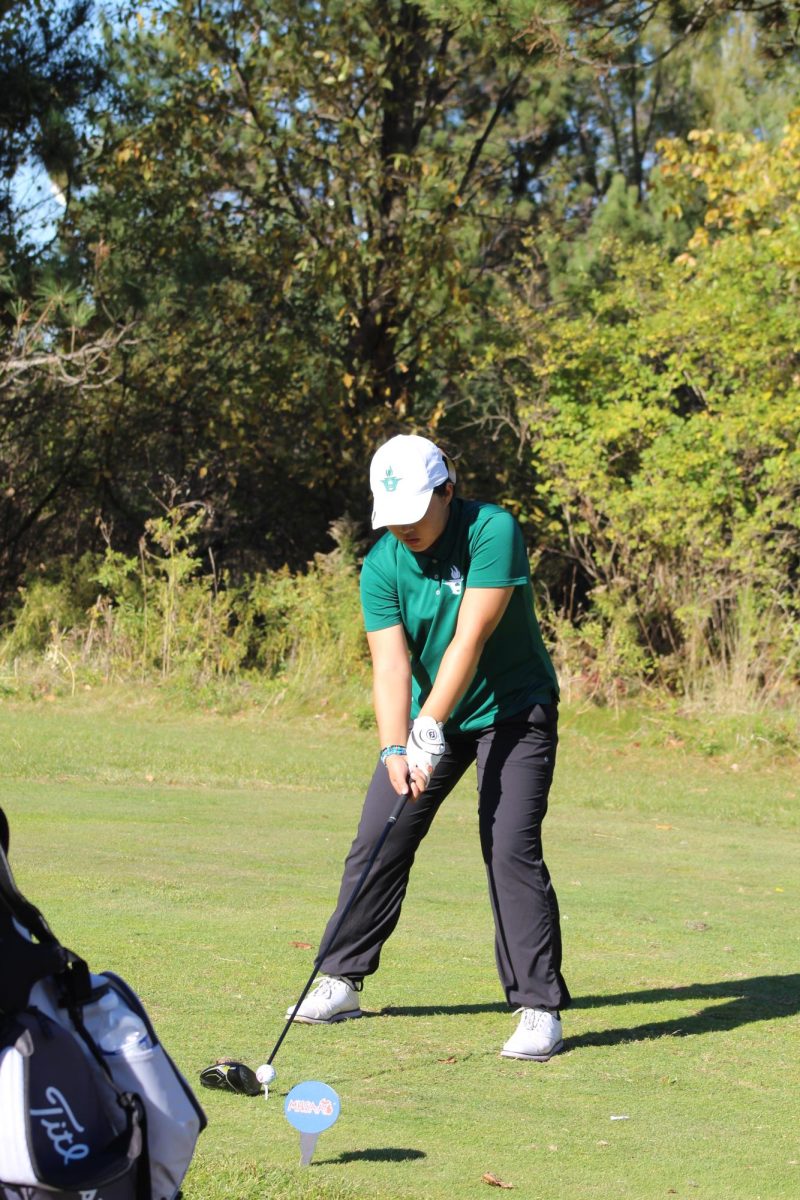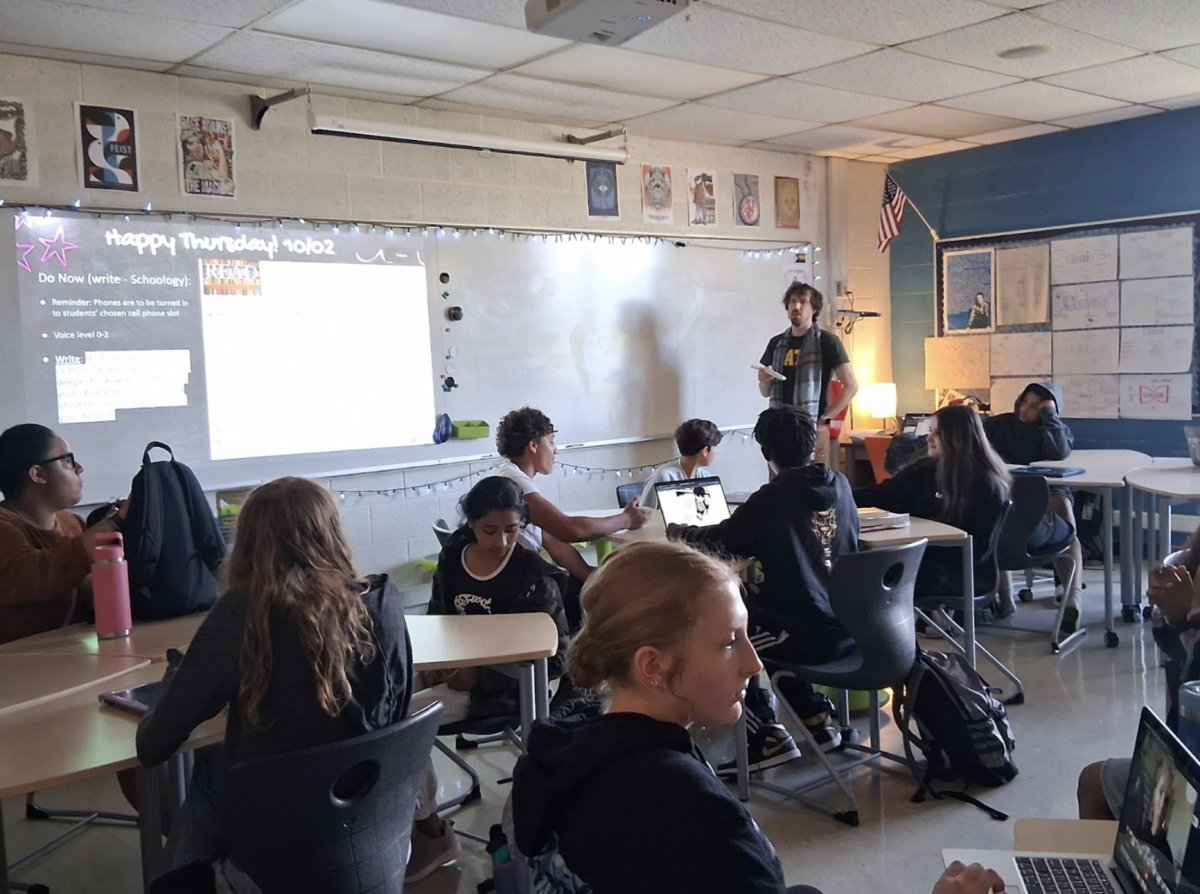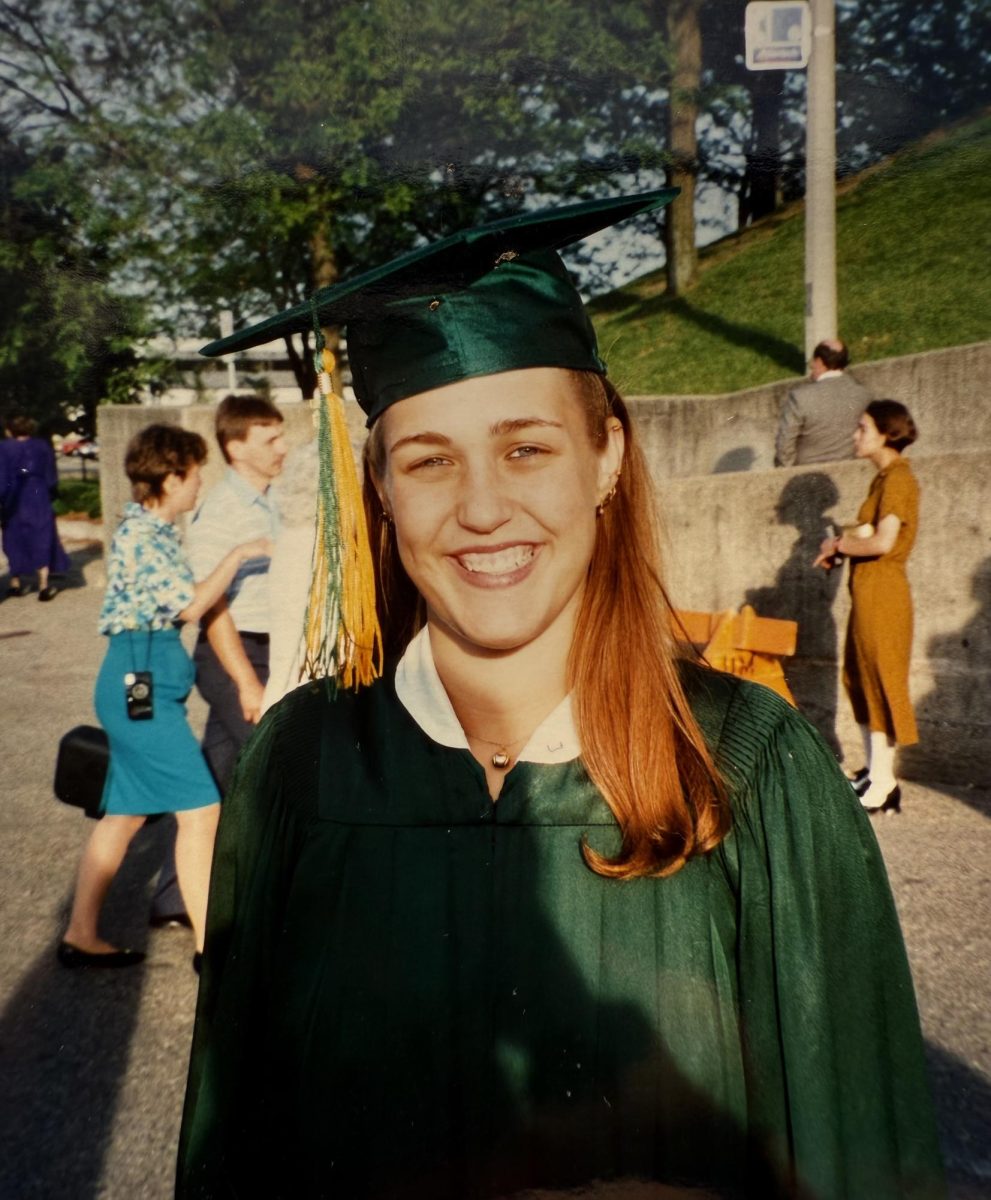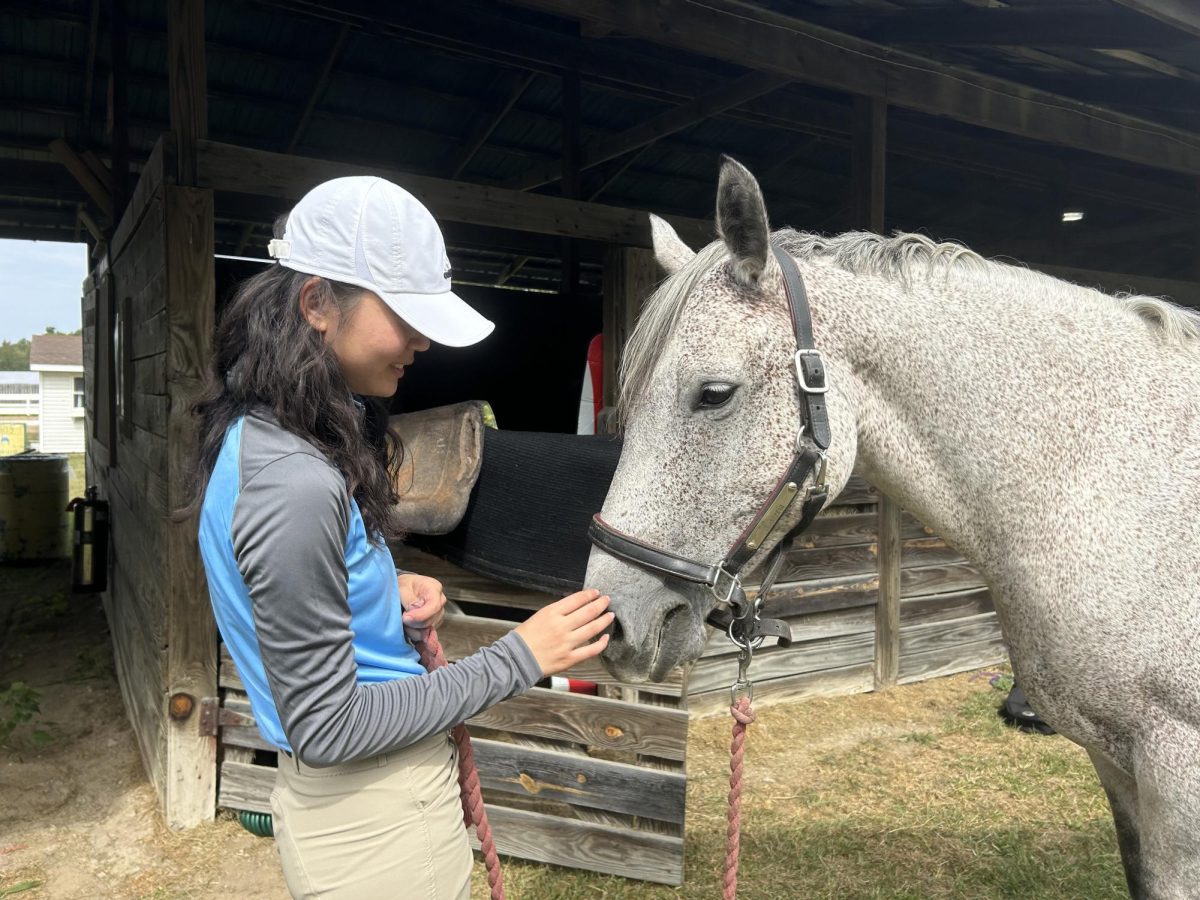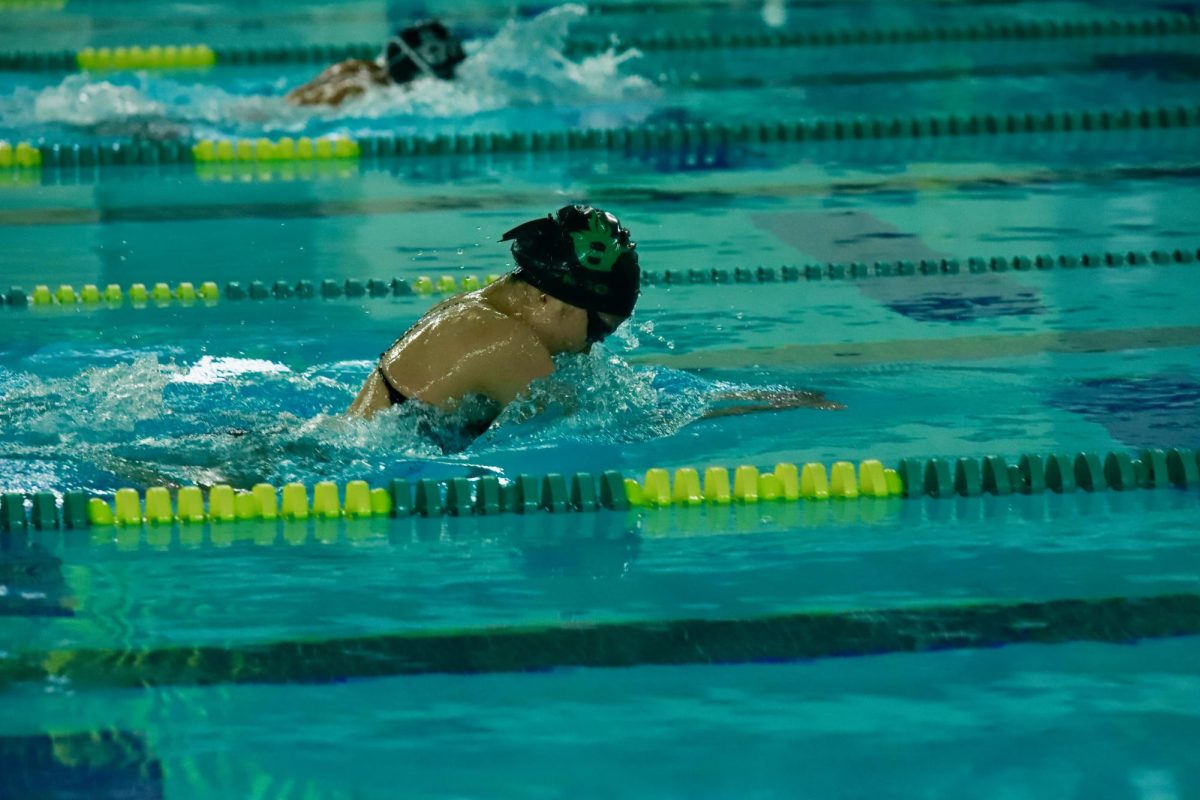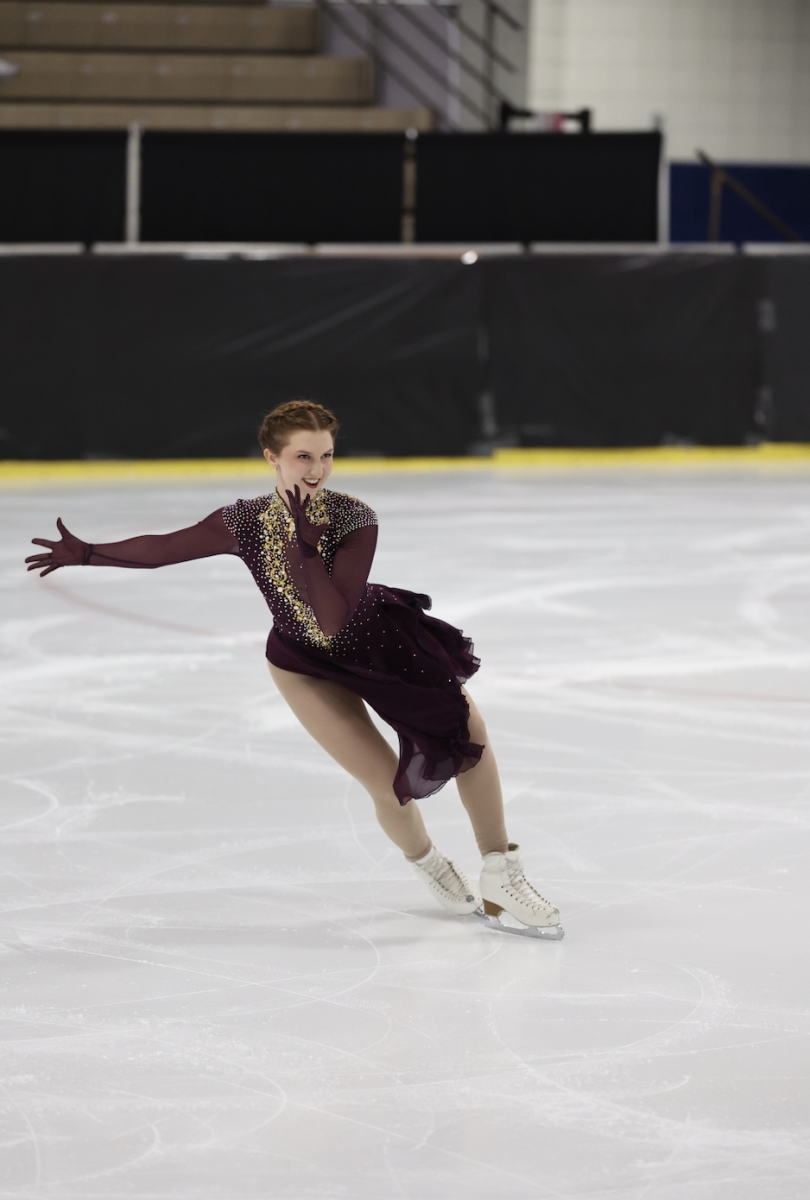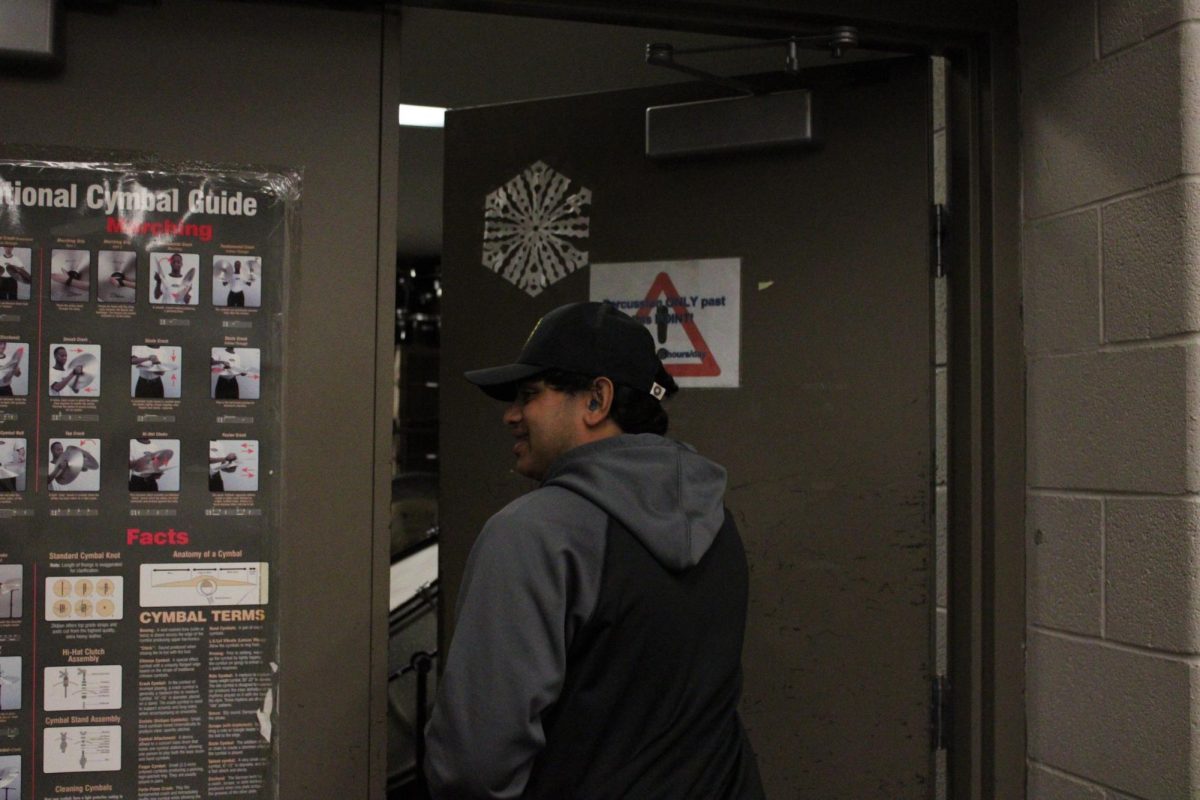Left handed people live in a world where everything, from scissors to sewing machines and even cell phone apps, is designed for someone else. These are just some activities lefties struggle with in their day-to-day lives, and for students and teachers at Huron High School, they are no exception to the life long battle; being an imposter in a world catered to right handed people.
Anna Kauffman, a new teacher at Huron this year, teaches English 9. Her biggest hardship with her unique dominant hand is one many teachers don’t think twice about; writing on the white board.
“I have to hold my arm awkwardly so I don’t erase the board as I write, and it really doesn’t help because I end up with dry erase marker all over my left hand anyway,” she said. “When I write on a piece of paper, I can angle the paper so I don’t smear my writing, but I can’t exactly angle a white board that is anchored to the wall.”
And as a current teacher at Forsythe Middle School as well, Kauffman grapples with the use of scissors. To her, it’s the most frustrating thing about being left-handed in a right-handed world, causing her papers to be uneven. Like the teacher, junior Jennifer Tang agrees.
“A ton of tools aren’t built for you,” Tang said. “Growing up, I never had scissors that were comfortable to hold. I guess it taught me to expect challenges and learn how to adapt.”
Kauffman was also forced to accommodate to a world not made for her, challenged daily by things right-handed people didn’t have.
“When I played little league baseball, I didn’t have a left-handed glove at first,” she said. “My brothers were both right-handed so I had to use their hand-me-down gloves.”
Unfortunately, she is not ambidextrous. In fact, a study by the National Library of Medicine states only approximately 10% of people are left handed, and an even smaller minority of 1% are ambidextrous. Kauffman had to make adjustments in her training and practices.
“It made me a better player because I had to sharpen my game instincts to adapt,” she said. “A similar thing happened when I was learning to play guitar. My dad is right-handed and I only had access to his guitar to practice on, so I played it upside down. It definitely impacted how I developed my skills early on.”
Although she eventually got a left-handed guitar and played it that way for 25 years, she thinks the early struggle ending up benefitting her in the long run. Tang is a left handed golfer, and is a captain on the Huron girls team. But unlike Kauffman, she plays her sport right handed.
“I found it more convenient to find gear just starting out,” Tang said. “However, I do wonder what my game would be like if I catered to my dominant hand. [While] my main swing isn’t affected much, my coach and I have theorized that my putting stroke is curved due to a leading left hand instead of right, which is one of the reasons I struggle with putting.”
Despite the challenges they face, people like Kauffman and Tang managed to find ways to adapt throughout their life, turning their obstacles into strengths. From learning to play an instrument upside down or perfecting a golf swing with a nondominant hand, the lefties around us continue to persist.



